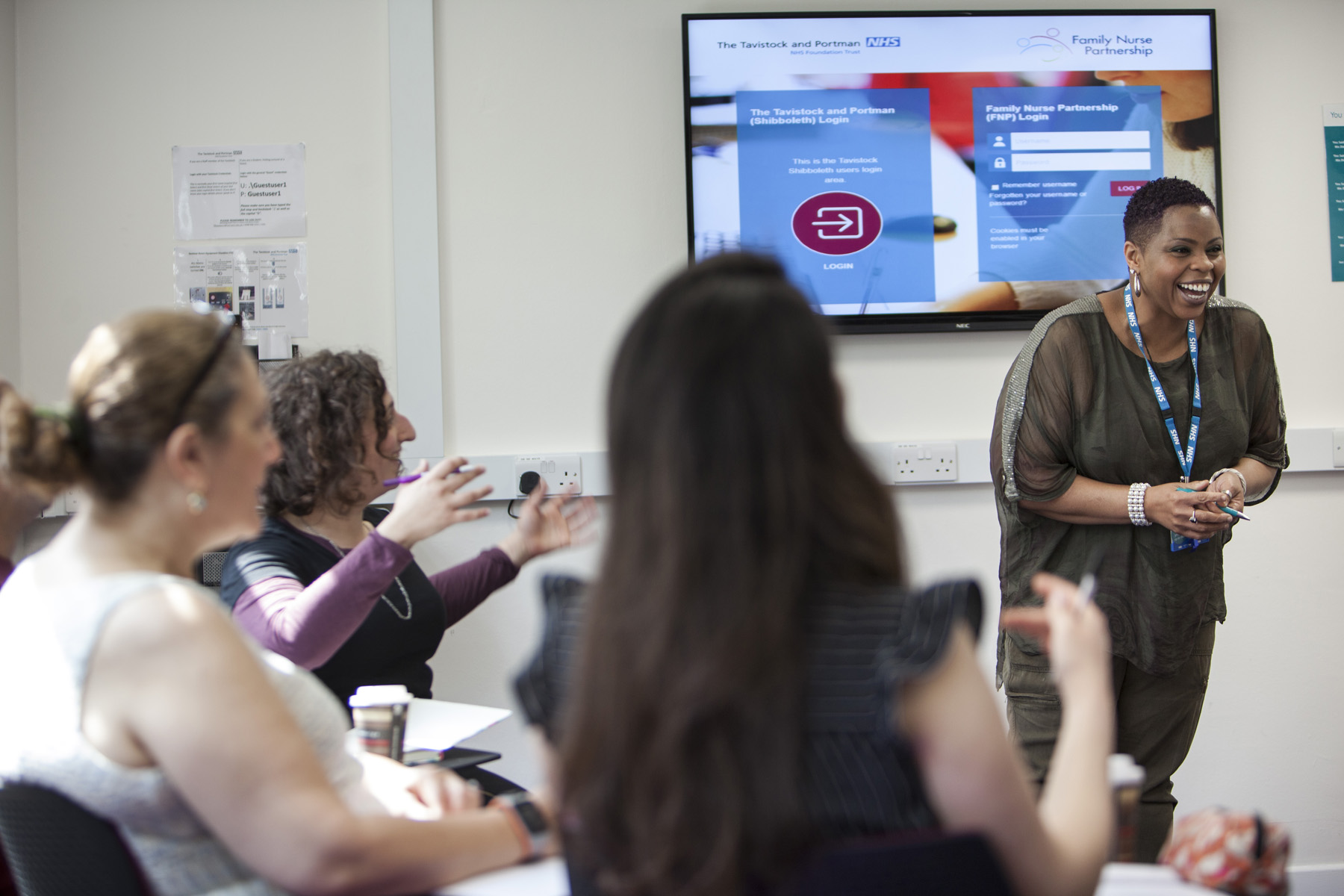
Find your perfect course
Search for a course using the filters below. If you need help, you can view the filter glossary or read an overview of our courses

Search for a course using the filters below. If you need help, you can view the filter glossary or read an overview of our courses
Showing {{filteredCourses.length}} coursescourse



 Professional doctorate
Professional doctorate 
 Professional doctorate
Professional doctorate 
 Professional doctorate
Professional doctorate 




 Professional doctorate
Professional doctorate 
 Professional doctorate
Professional doctorate 


 Postgraduate certificate
Postgraduate certificate 
 Professional doctorate
Professional doctorate 

 Trust certificate
Trust certificate 





 Trust certificate
Trust certificate 



 Trust certificate
Trust certificate 
 Clinical qualification
Clinical qualification 





 Clinical qualification
Clinical qualification 
 Clinical qualification
Clinical qualification 
 Trust certificate
Trust certificate 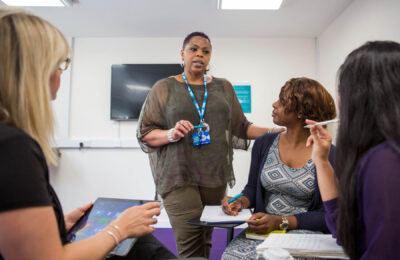
 Trust certificate
Trust certificate 











 Trust certificate
Trust certificate 
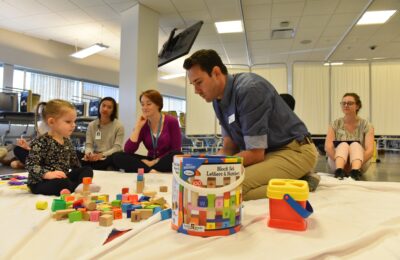









 Trust certificate
Trust certificate 



 Trust certificate
Trust certificate 
 Trust certificate
Trust certificate 









 Graduate certificate
Graduate certificate 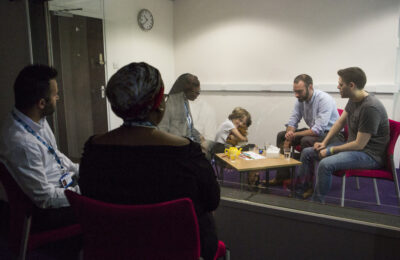
 Postgraduate certificate
Postgraduate certificate 


 Trust certificate
Trust certificate 




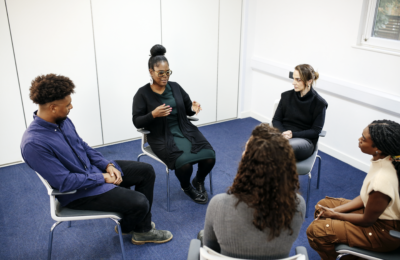

 Clinical qualification
Clinical qualification 













 Postgraduate diploma
Postgraduate diploma 



A Trust certificate is an academic award created by the clinical leads at the Tavistock and Portman NHS Foundation Trust, a globally recognised and trusted pioneer in mental health and wellbeing for over 100 years. It does not carry credits but can be referenced to support applications for further learning.
The period over which a course runs. Most of our courses are part time and can take anything from an hour, to a few days or multiple years to complete. Please see the individual course listings for more details about the specific dates/times of delivery, number of learning hours and the expected time commitment.
Live teaching, classes or events delivered in person in a physical location such as a traditional classroom setting or lecture hall.
Classes, discussions or events taught online at scheduled times to create a virtual classroom experience with an emphasis on individual and group participation.
Self-directed courses delivered online where all or most of the content can be worked through in your own time and pace. Also known as asynchronous learning.
A combination of face to face and online live teaching.
Courses that provide an essential first step in developing knowledge, skills and capacity across a range of subject disciplines, qualification levels and clinical/non-clinical approaches. They could be a pre-requisite for further training or a taster or general interest course.
Courses that provide a more detailed and in-depth pathway to enhancing knowledge and skills. These courses cover a range of subject disciplines, qualification levels and clinical/non-clinical approaches and will likely require evidence of previous study or experience and have eligibility criteria in the application process.
An approach that allows students to engage in direct application of skills, theories and models in real-life situations, such as supervised working with families.
Clinical training aims to ensure that healthcare professionals are prepared for specific roles through expert instruction and direct client experience. It is often a required qualification (depending on the career pathway chosen).
CPD or Continuing Professional Development is a general term used to describe the learning activities that professionals engage in to develop and enhance their abilities and careers, and – in some cases – gain a qualification. CPD can include lectures, workshops, self-study online courses, remotely-delivered training and more.
Conferences, seminars, presentations and other live events, some of which may only be accessible as recordings.